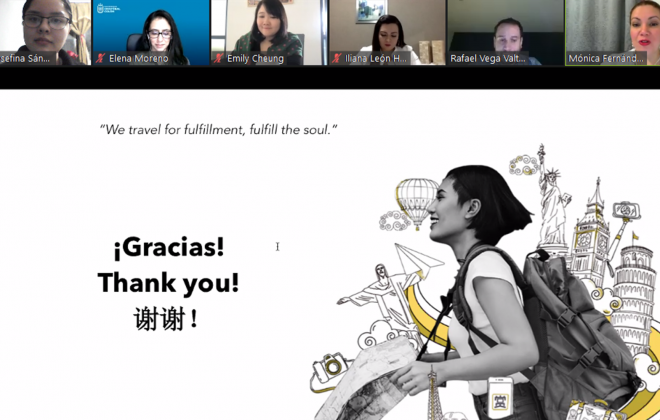Decentralized Tourism, Conscious way of travel

Tourism is one of the essential factors in national economies. For the last decades, tourism has experienced continued growth and diversification to become one of the fastest-growing economic sectors in the world, even more, significant than oil or food exports. Today, tourism is vital for socio-economic progress. With proper management, it can give many benefits to a country, including employment, government revenue generation, income, foreign exchange, infrastructural development, and environmental enhances.

Countries have natural resources and a cultural heritage that can be a source of national well-being and wealth. Still, often travelers do not have information about many of these resources because of factors like poor advertising and not efficient marketing campaigns. In other cases, governments are not interested in investing in 2nd tier regions or organizations. This will not only deteriorate the growth and economy of a potential touristic location but can also generate environmental, infrastructural, health, and social problems when mass tourism is centralized in one main attraction or destination. (e.g., like the contamination of Mt. Everest or the natural destruction of Koh Tachai in Thailand.)

The United Nations World Tourism Organization forecasts international tourism will increase to 1.4 billion people by 2020. With so much demand, the industry and government policies must take action to prevent the negative impact that over touristic places suffer. For example, in Machu Picchu, Peru, the government began limiting how many people can visit this mountain top historic site. The cultural heritage monument was suffering from rapid deterioration due to the mass tourism wave in recent years. Now tourists can only visit in groups of 16 and for a limited time. The government also implemented rules to ensure people stay on one of the three paths at all times and is working on the promotion of other touristic areas, like the city of Huánuco, which has many archeological places where visitors can see the Inca city Huanucopampa.

The Centralization of tourism is not strategic nor sustainable anymore, and we have to look for solutions. Today, we have to make more significant efforts into the decentralization of tourism. Decentralization can bring more advantages and generate opportunities for income to those in the tourism industry, small and medium businesses, cultural heritage attractions, or museums.

Technology is a powerful tool that travelers can use to learn more about those places that are not popular enough but are in potential expand. Shake to Win is on Shake to Win is on a mission to preserve culture by creating cross-cultural bridges through technology. Shake to Win is a mobile app that serves as a bridge between independent Chinese travelers and unique spots abroad that they cannot find elsewhere. The Shake to win ecosystem strives to work towards the decentralization of tourism. With the launch of the SaaS Platform will be a great too to self promote and understand while opening new opportunities for the largest outbound market in the world. Cultural organizations and local businesses can get support through branded content and campaign in China, plus subscribers get data about their visitors that can help them improve their income and business.

Shake to Win back Saas Platform will be launching on January 14, 2020, at the Grand Cafe, 1st Klass in Amsterdam. If you are interested in attending our product launch and learning more about our platform, we invite you to contact us at comm@shaketowin.com. For more information about Shake to win visite our website www.shaketowin.net



